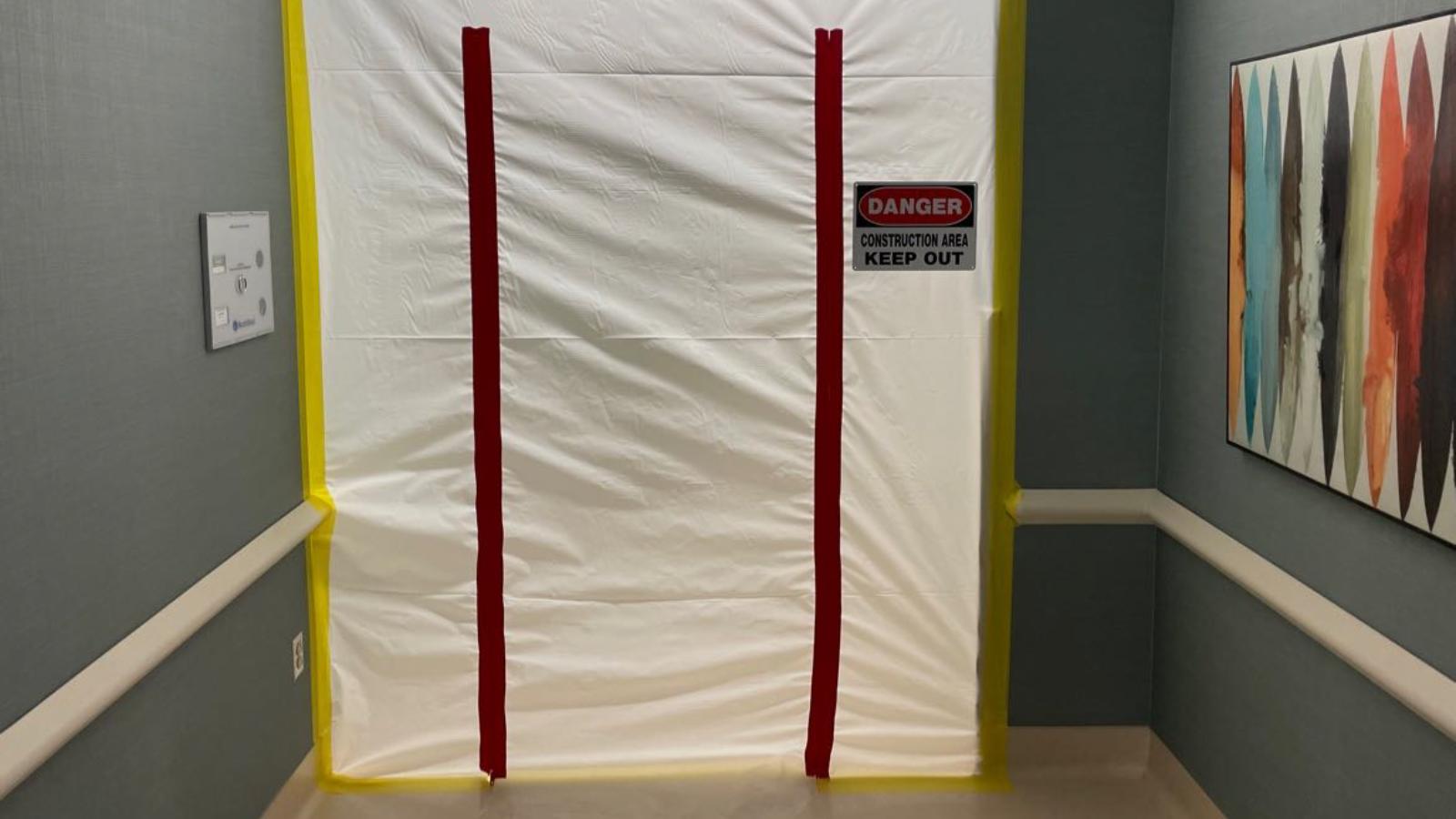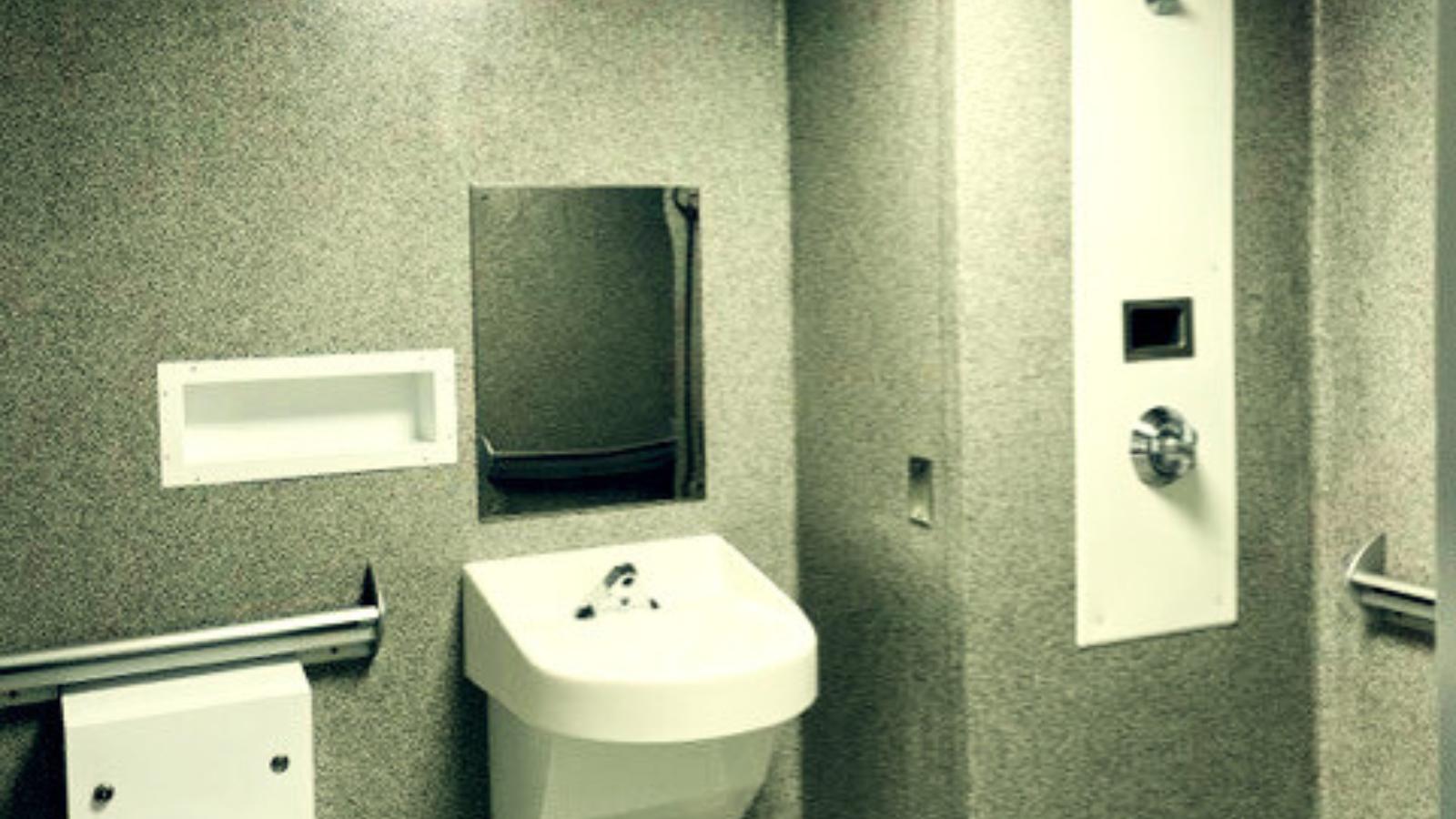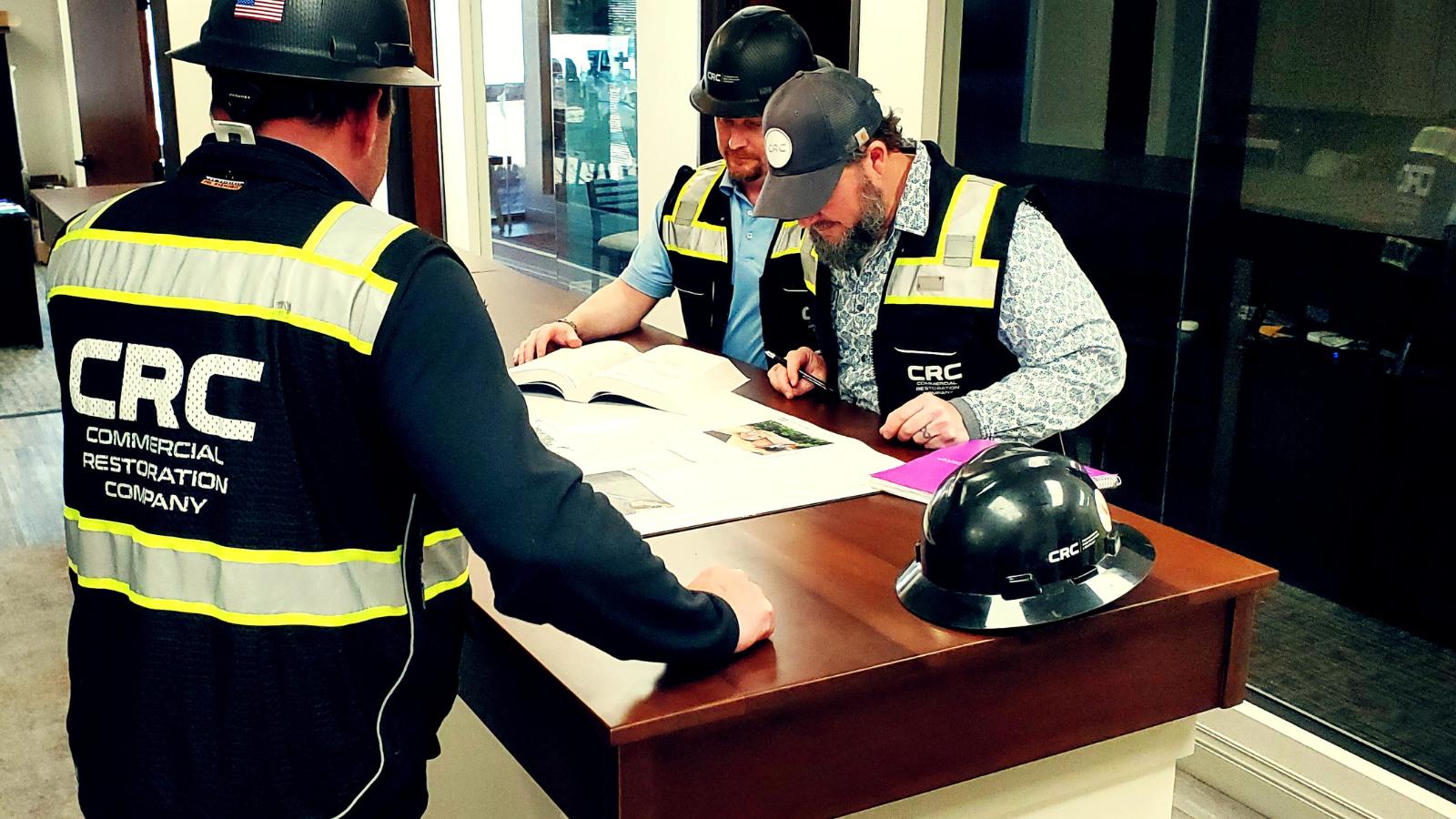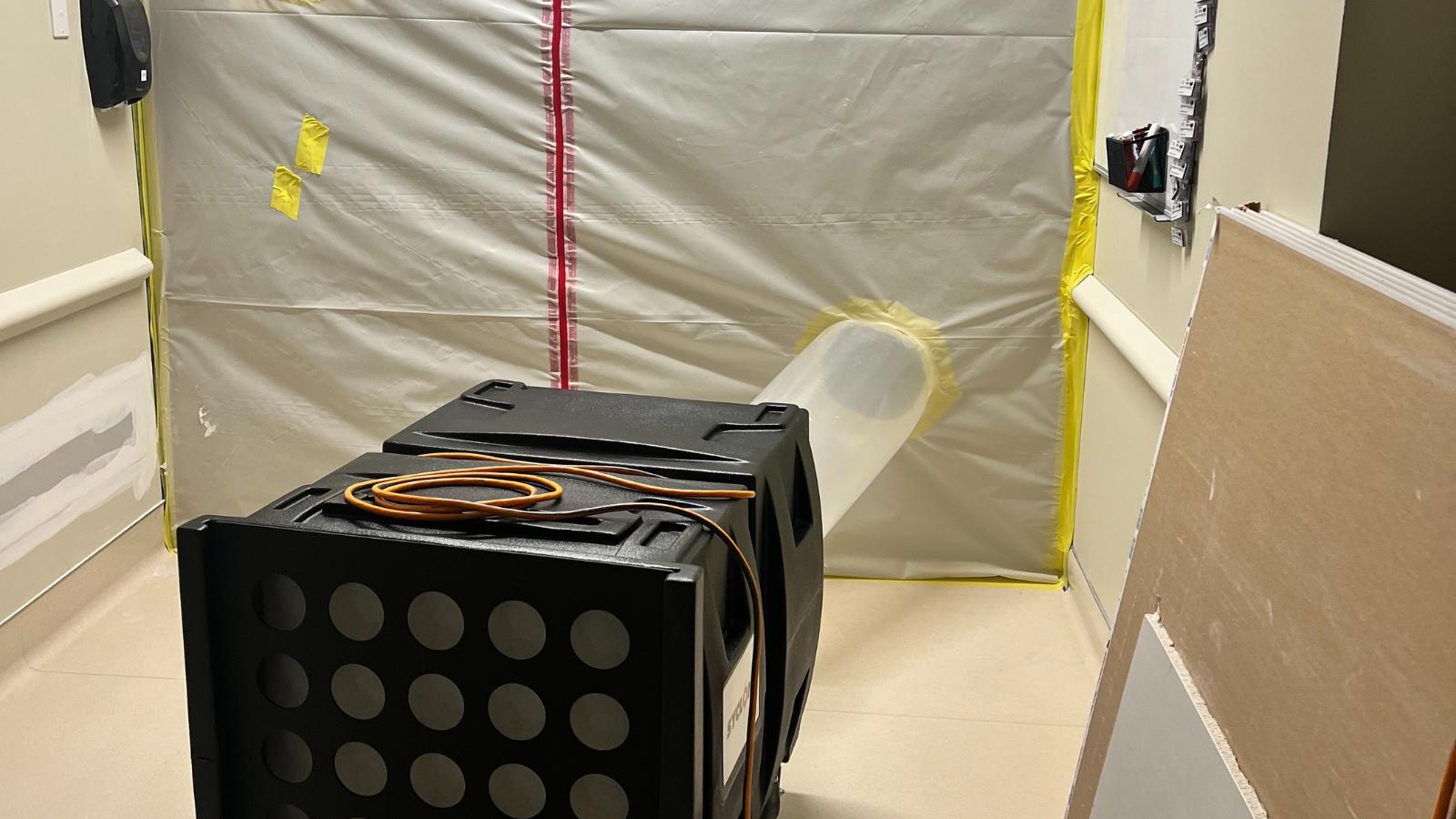Essential Tips for Safe and Secure Behavioral Health Unit Renovations
Renovating a behavioral health unit requires careful planning and consideration to ensure the safety and security of patients, staff, and visitors....

Ensuring the safety of patients is of utmost importance in the healthcare construction industry. The presence of infectious agents in healthcare facilities can be extremely dangerous, especially for individuals with compromised immune systems. To effectively manage and minimize these risks, it is crucial for healthcare professionals to collaborate with firms certified in Infection Control Risk Assessment (ICRA). This article aims to provide a comprehensive understanding of ICRA in the healthcare construction industry and highlight the key reasons why healthcare professionals should prioritize working with ICRA certified firms.
ICRA, or Infection Control Risk Assessment, is a meticulous process utilized to identify and mitigate potential risks associated with construction or renovation projects within healthcare facilities. The primary objective of ICRA is to halt the transmission of infectious diseases and uphold the safety of patients, healthcare professionals, and visitors throughout construction activities. ICRA takes into consideration the particular challenges presented by the healthcare environment, where individuals with compromised health are more vulnerable to infections.
Healthcare facilities are complex environments where infectious diseases can spread rapidly. Construction activities, such as renovation or expansion projects, have the potential to create disturbances that can disrupt the delicate balance of infection control measures already in place. Common issues during construction include dust, noise, vibration, changes in airflow, and compromised containment barriers. These factors can introduce contaminants, airborne pathogens, and disrupt ventilation systems, increasing the risk of infections.
Expertise in Healthcare Infection Control: ICRA certified firms have specialized knowledge and experience in infection control measures specific to healthcare settings. They understand the unique challenges and requirements associated with construction activities in healthcare facilities, allowing them to implement appropriate infection control strategies.
Minimize Disruptions: ICRA certified firms are trained to execute construction projects while minimizing the impact on patient care and ongoing operations. They understand the importance of maintaining critical services, minimizing noise, managing traffic flow, and ensuring proper containment to prevent the spread of contaminants.
Compliance with Regulatory Standards: Healthcare facilities are subject to strict regulations and guidelines concerning infection control. Working with an ICRA certified firm ensures compliance with these standards, reducing the risk of regulatory non-compliance and potential penalties.
Collaboration with Infection Control Experts: ICRA certified firms typically collaborate closely with infection control professionals within healthcare facilities. This collaborative approach ensures that construction activities align with the facility's infection control policies, procedures, and goals.
Efficient Risk Mitigation Strategies: ICRA certified firms are well-versed in risk assessment and the implementation of effective infection control measures. They can identify potential hazards, devise appropriate strategies to minimize risks, and implement comprehensive mitigation plans to ensure patient safety throughout the construction process.
ICRA certification is an integral part of healthcare construction projects. By collaborating with ICRA certified firms like CRC, healthcare professionals can guarantee the well-being of patients, staff, and visitors while minimizing the risk of infectious diseases during construction activities. These specialized firms possess the necessary expertise, knowledge, and experience to effectively tackle the unique challenges presented by healthcare environments. By prioritizing ICRA certification when selecting construction partners, healthcare professionals can establish a safer and healthier environment for everyone involved in patient care.
Don't compromise on patient safety during healthcare construction projects. Contact CRC today and work with our ICRA certified team to ensure expert infection control and mitigate risks effectively.

Renovating a behavioral health unit requires careful planning and consideration to ensure the safety and security of patients, staff, and visitors....

When it comes to repairing property damage, it's crucial to choose the right type of contractor. The two main types of contractors are general...

In healthcare facility construction and restoration projects, maintaining a safe and controlled environment is of paramount importance. Whether it's...